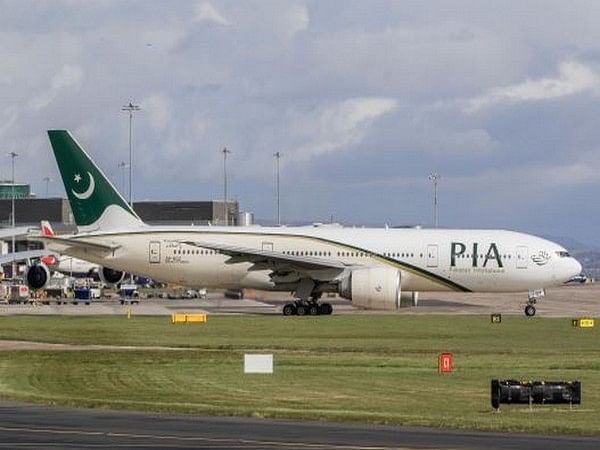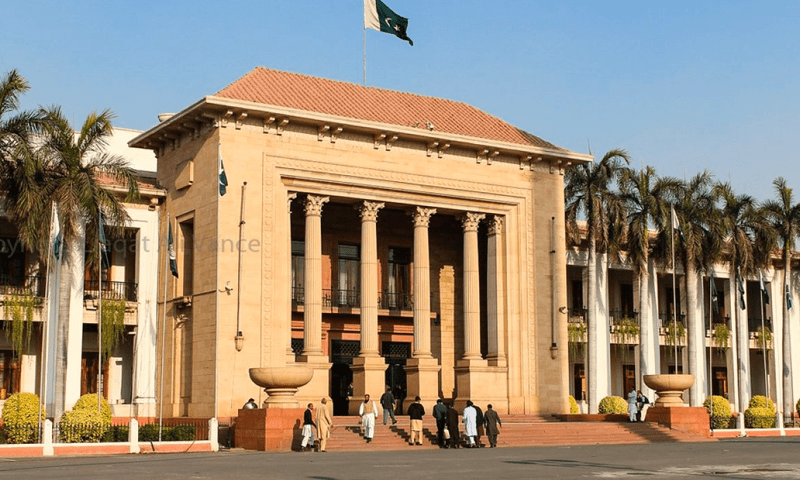Amina Yousaf
Khyber Pakhtunkhwa is widely celebrated as the tourism heartland of Pakistan, a region where valleys, mountains, and rivers attract millions of visitors each year. The local economy has grown around this industry, with hotels, transport services, handicrafts, food vendors, and countless small businesses thriving because of seasonal tourist inflows. Yet the recent floods have revealed the fragility of this foundation and the inability of the provincial government to manage disasters effectively. Tourism, a sector capable of transforming the provincial economy, has been left exposed to weak infrastructure, poor planning, and governance failures.
The economic significance of tourism cannot be overstated. It is not just about scenic beauty; it is about livelihoods, job creation, and sustainable development. However, successive administrations, particularly during the Pakistan Tehreek-e-Insaf’s decade-long dominance in the province, have failed to protect this vital sector from predictable risks. Floods and landslides have repeatedly devastated tourist infrastructure because the roads, bridges, and facilities were never built to withstand extreme weather. Despite repeated warnings about climate change and its growing impact, investment in resilient infrastructure remained inadequate, leaving the province unprepared when disaster struck.
Follow Republic Policy on YouTube
The failure of infrastructure is only one part of the crisis. Equally alarming is the absence of a functional early warning system. The Provincial Disaster Management Authority (PDMA) has consistently struggled to issue timely alerts, prepare evacuation plans, or mitigate losses. Its technical and administrative capabilities have not improved in years, despite the flow of funds and policy promises. This neglect translated into widespread suffering: tourists stranded in flooded valleys, residents cut off from basic services, and entire communities left to cope without proper assistance. Such systemic weaknesses expose the hollowness of claims about institutional reforms in disaster management.
Follow Republic Policy on Twitter
Local governance, or more precisely its absence, further compounded the crisis. The municipal system in Khyber Pakhtunkhwa has been deliberately weakened, leaving local councils powerless or entirely inactive. During natural disasters, this vacuum is felt most severely. Relief could not reach the affected communities in time because the very institutions designed for grassroots response had been sidelined. Tourists and locals alike were left vulnerable in the absence of functional local government structures. This lack of immediate, on-the-ground capacity reflects not only administrative inefficiency but also a deep flaw in the province’s governance model.
Follow Republic Policy on Facebook
These failures undermine the political narrative promoted by PTI for the past decade—that of efficient, reform-driven governance. The reality on the ground tells a very different story. Tourism remains an untapped economic engine, but without strong infrastructure, disaster readiness, and empowered local governance, it is destined to remain fragile. The provincial government’s inability to prioritize sustainable development exposes how rhetoric has replaced serious policymaking, leaving citizens disillusioned and industries vulnerable.
Follow Republic Policy on TikTok
The consequences of this governance crisis go beyond temporary economic losses. Every flood or disaster not only damages roads and hotels but also erodes investor confidence, discourages tourists, and weakens the international image of Pakistan’s tourism potential. Local communities, already dependent on fragile economic activities, face cycles of poverty and displacement. Instead of building resilience, governance failures ensure that the cycle of destruction repeats every few years. This is not simply mismanagement—it is a structural failure to recognize tourism as a strategic economic priority.
The path forward requires a complete shift in approach. Tourism must no longer be treated as a seasonal slogan but as a backbone of the provincial economy. Infrastructure must be rebuilt with resilience at its core, engineered to withstand floods and landslides. Modern early warning systems must be deployed with trained professionals capable of using data and technology to save lives and resources. The PDMA requires urgent restructuring, with enhanced technical capacities and accountability mechanisms that ensure it performs its core function. Without these reforms, the agency will remain a ceremonial institution rather than an effective disaster management body.
Follow Republic Policy on YouTube
Equally important is the restoration of local governance. A functioning municipal system is essential to deliver immediate relief, manage tourism infrastructure, and create a sustainable link between provincial policies and community needs. Local governments must be empowered, funded, and held accountable. In their absence, provincial administrations will continue to struggle with top-down policies that fail to address the needs of people on the ground. Restoring grassroots governance is not just a political requirement—it is a survival necessity for communities living in vulnerable regions.
Follow Republic Policy on Twitter
Khyber Pakhtunkhwa stands at a crossroads. Its natural beauty and cultural heritage position it as a global tourism destination, yet without decisive reforms, the province risks losing its greatest economic advantage. The recent floods should not just be seen as a tragedy but as a wake-up call. The provincial government must realize that slogans and rhetoric cannot substitute for climate resilience, institutional accountability, and empowered local governance. If ignored, the province’s most valuable industry will continue to falter, and the people of Khyber Pakhtunkhwa will pay the heaviest price for this persistent failure.















